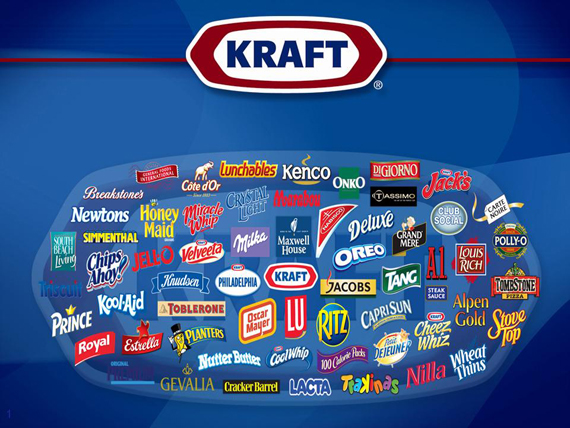
According to the Organic Consumers Association (OCA), a non-profit grassroots organization campaigning for health, and the exploration of crucial issues of food safety, industrial agriculture, and genetic engineering, Kraft has admitted to using milk from rBST and rBGH (recombinant bovine growth hormones) supplemented cow herds. Another food manufacturer that admits using GMOs is Kellogg’s.
These genetically modified bovine growth hormones were developed by Monsanto and are now marketed by Eli Lilly. Recombinant bovine growth hormone has been a staple in the dairy products consumed by Americans for over a decade. But since these products are not labeled, consumers have no knowledge that the growth hormone is included and unidentified in milk, cheese, and yogurt.

What is Artificial Growth Hormone
Bovine somatotropin or BST, and bovine growth hormone, or BGH, are hormones that naturally occur in cattle. Using recombinant (a cell or organism in which genetic recombination has occurred) DNA technology, the hormones have been synthesized to create artificial growth hormones rBST and rBGH. Both are a genetically engineered variations on the naturally occurring hormones in cattle.
The artificial growth hormones are then injected into cows to increase milk production. Monsanto first developed the technology and marketed it as “Posilac”, which is now owned by Elanco Animal Health, a division of Eli Lilly.

All 27 countries of the European Union, Canada, New Zealand, and Australia have banned artificial growth hormone’s use in milk for human consumption. The U.S. and Brazil are the only two countries that allow its use.
In 1993, when the FDA wrote the labeling guidelines for rBGH/rBST, our Food Safety Czar Michael Taylor — former Monsanto Vice President for Public Policy — was in charge as Deputy Commissioner for Policy with the FDA.
Taylor crafted the FDA’s GMO friendly policy while serving as the FDA’s Deputy commissioner. It was Taylor who wrote the FDA’s guidelines on recombinant bovine growth hormone (rBGH), banning dairies from labeling their milk “rBGH Free“, despite opposition from scientists, farmers and consumers.
Monsanto initiated propaganda campaigns in 14 states to restrict dairies from labeling their products rBGH-free.
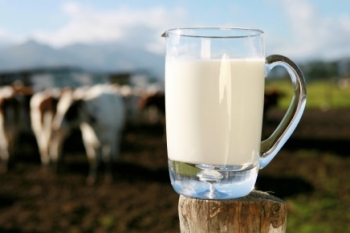
Health Hazards
The FDA’s claim that there is no compositional difference between milk from rbGH-treated and untreated cows was challenged by the Court of Appeals who said there is a“compositional difference” between milk from cows given growth hormones and those without, and cited three reasons why the milk differs:
1. Increased levels of the hormone IGF-1,
2. A period of milk with lower nutritional quality during each lactation, and
3. Increased somatic cell counts (i.e. more pus in the milk).
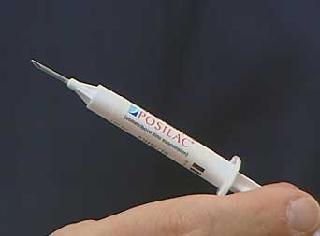
As far back as 1996, the Cancer Prevention Coalition released a study that concluded milk from cows injected with recombinant Bovine Growth Hormone (rBGH) increases risks of breast and colon cancers in humans. This study was published in the International Journal of Health Services, a peer-reviewed, leading international public health journal.
“The study summarizes evidence that rBGH increases levels of insulin-like growth factor (IGF-1) in milk. IGF-1 is a powerful stimulator and regulator of cell-growth and division in humans and cows. The study concluded that increased IGF-1 levels are risk factors for breast and colon cancer.”
The author of the report, Samuel Epstein M.D., Professor of Environmental Medicine at the University of Illinois School of Public Health and then Chairman of the Cancer Prevention Coalition, said “The FDA and Monsanto have a lot to answer for. Given the cancer risks, and other health concerns, why is rBGH milk still on the market?”
The Cancer Prevention Coalition, a nationwide coalition of leading independent experts in cancer prevention and public health, also claims that IGF-1 is likely to increase the risk of specific kinds of cancer:
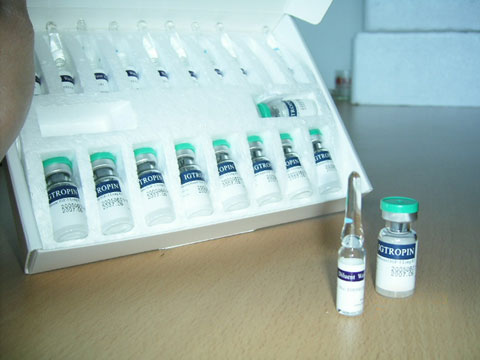
“It is highly likely that IGF-1 promotes transformation of normal breast cells to breast cancers. In addition, IGF-1 maintains the malignancy of human breast cancer cells, including their invasiveness and ability to spread to distant organs. (Increased levels of IGF-1 have similarly been associated with colon and prostate cancers.) The prenatal and infant breast is particularly susceptible to hormonal influences. Such imprinting by IGF-1 may increase future breast cancer risks, and may also increase the sensitivity of the breast to subsequent unrelated risks such as mammography and the carcinogenic and estrogen-like effects of pesticide residues in food, particularly in pre-menopausal women.”
According to Sustainable Table, a nonprofit organization designed to help consumers understand the problems with our food supply, before Monsanto’s artificial growth hormone was released, the FDA relied solely on a study done by Monsanto in which rBGH was tested for 90 days on 30 rats. The study was never published, and the FDA claimed the results showed no significant problems.
But a “review by the Canadian health agency on rBGH found the 90 day study showed a significant number of issues which should have triggered a full review by the FDA.”
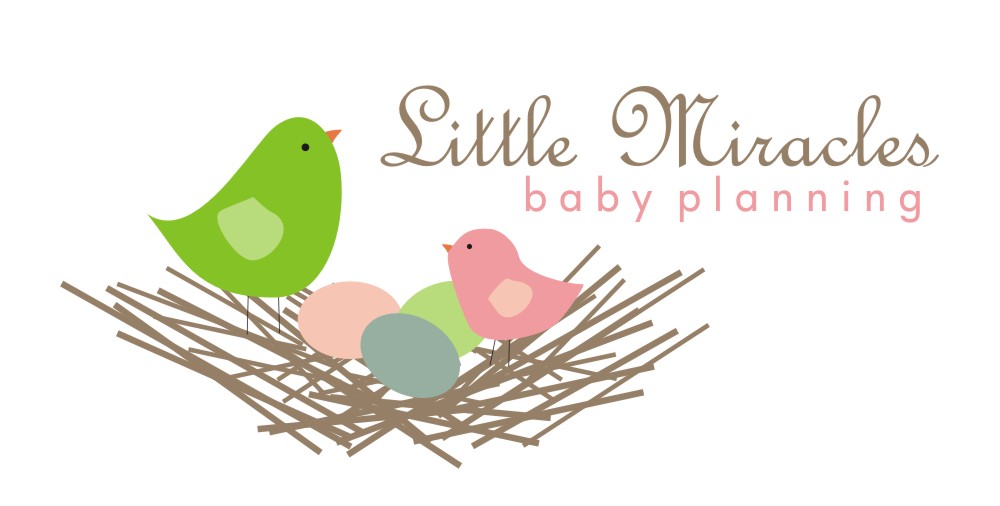
.png)




No comments:
Post a Comment